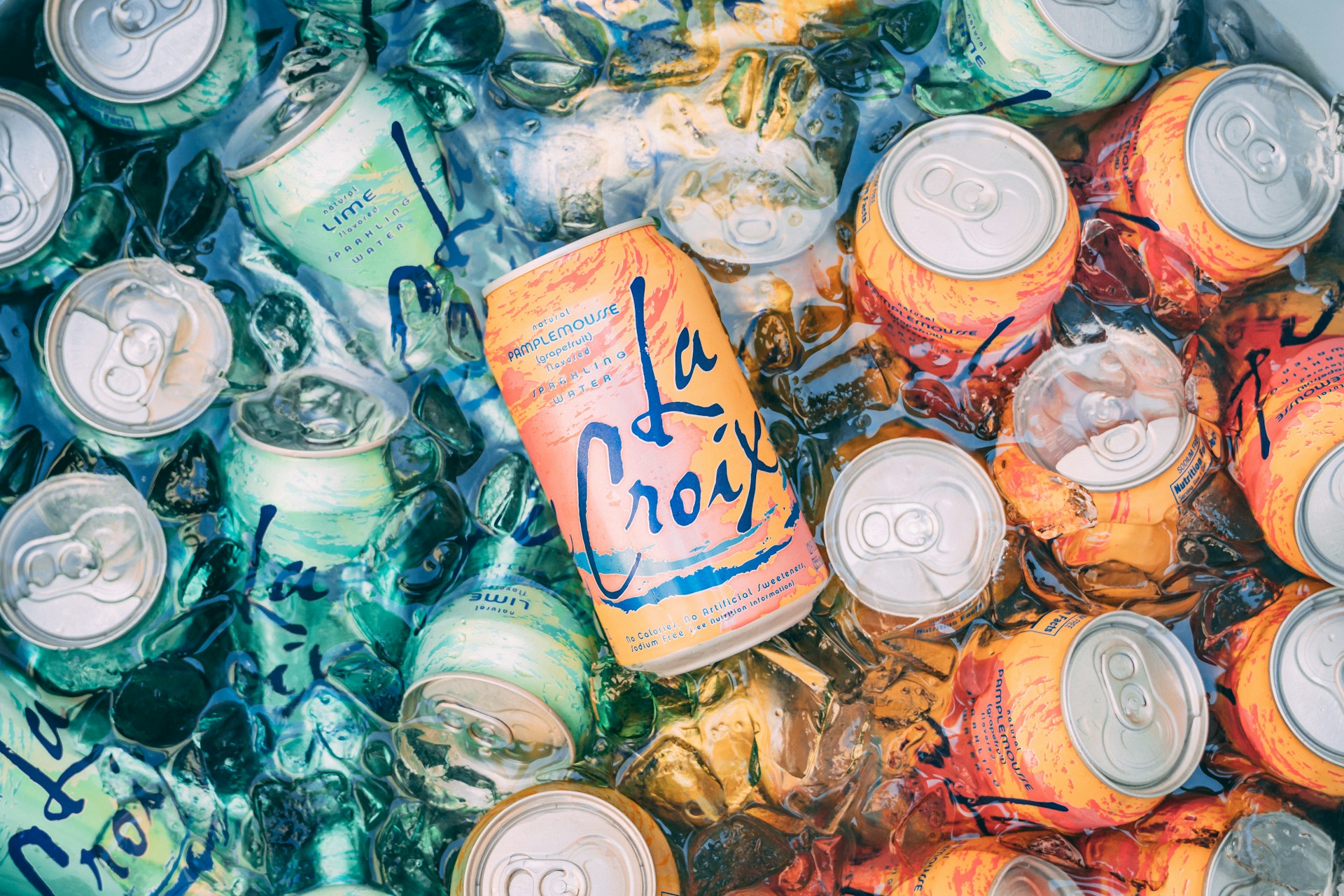Nutrition
The Surprising Drink That Might Be Holding Back Your Weight Loss Journey

At first glance, zero-sugar beverages, including zero-calorie sodas, flavored sparkling waters, energy drinks, and juices, might appear to be the perfect solution for cutting down on sugar and calorie consumption. However, recent findings suggest that these drinks might not be as beneficial as they seem, particularly when it comes to weight management.
Research has revealed that zero-calorie, zero-sugar drinks could actually lead to increased food intake and subsequent weight gain. This is largely due to the artificial sweeteners they contain, which, although low in calories, can have unexpected effects on the brain.
A recent study highlighted in a reputable journal examined the impact of sucralose, a popular zero-calorie sugar substitute found in products like Splenda and SucraPlus. The study discovered that sucralose might deceive the brain into feeling hungry, potentially contributing to weight gain.
“Sucralose activates the area in the brain that regulates hunger, and that activation, in turn, is linked to greater ratings of hunger,” explained Katie Page, MD, the lead author of the study and director of USC’s Diabetes and Obesity Research Institute.
David Katz, MD, a preventive and lifestyle medicine expert not involved in the study, praised the research as “state of the art.” He noted that the findings indicate “non-caloric sweeteners, and sucralose specifically, interfere with normal appetite regulation in ways that could have adverse effects on weight control and health.”
In the study, participants were given three types of beverages: plain tap water, water mixed with table sugar, and water with sucralose. Over three visits, researchers collected blood samples and conducted fMRI brain scans to monitor brain activity. Participants also reported their hunger levels.
The results were telling: water with sucralose led to a 17 percent increase in appetite. Brain scans showed heightened activity in areas linked to motivation, suggesting that sucralose might impact decision-making processes.
“Sucralose appears to affect your decision-making skills,” Page mentioned. She added, “For example, we found increased brain connectivity between the hypothalamus and the anterior cingulate cortex, which controls the risks and rewards of a decision.”
Interestingly, there was “no signal at all” between sucralose and the hormones that signal hunger or fullness. Page noted, “There’s a sweetness signal, but there’s no hormone signal telling you you’re full. Sucralose doesn’t have an effect on those hormones.”
Despite being marketed as a healthier alternative, artificial sweeteners like sucralose can lead to overeating and weight gain. They may even impair decision-making abilities.
“I’m an endocrinologist so I see patients for diabetes and obesity,” Page shared. “I would never say drink or eat more sugar.”
“Instead, I tell my patients to not rely on non-caloric sweeteners as a substitute for sugar and try to reduce the overall intake of dietary sweeteners in general,” she advised.
Let us know what you think, please share your thoughts in the comments below.
